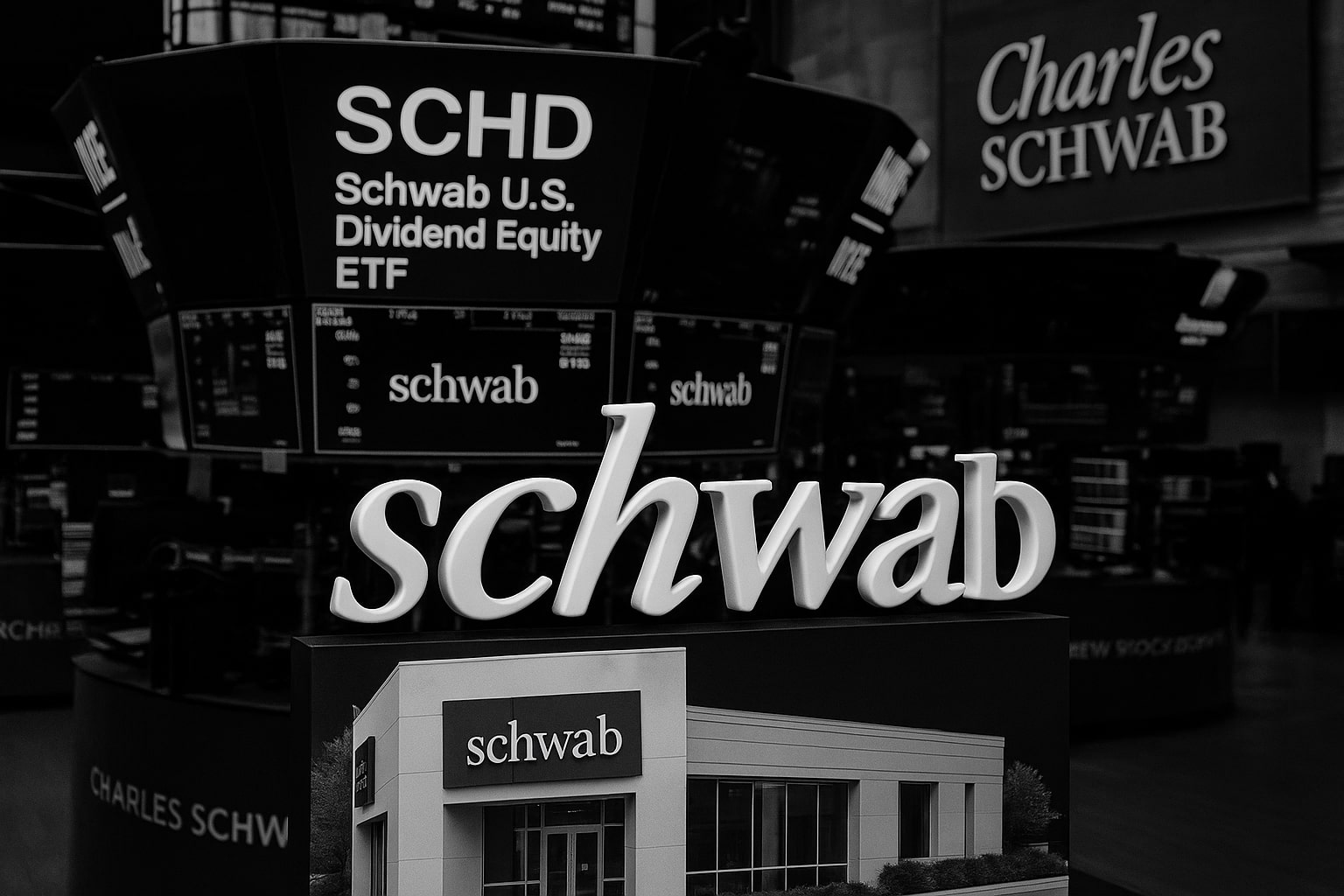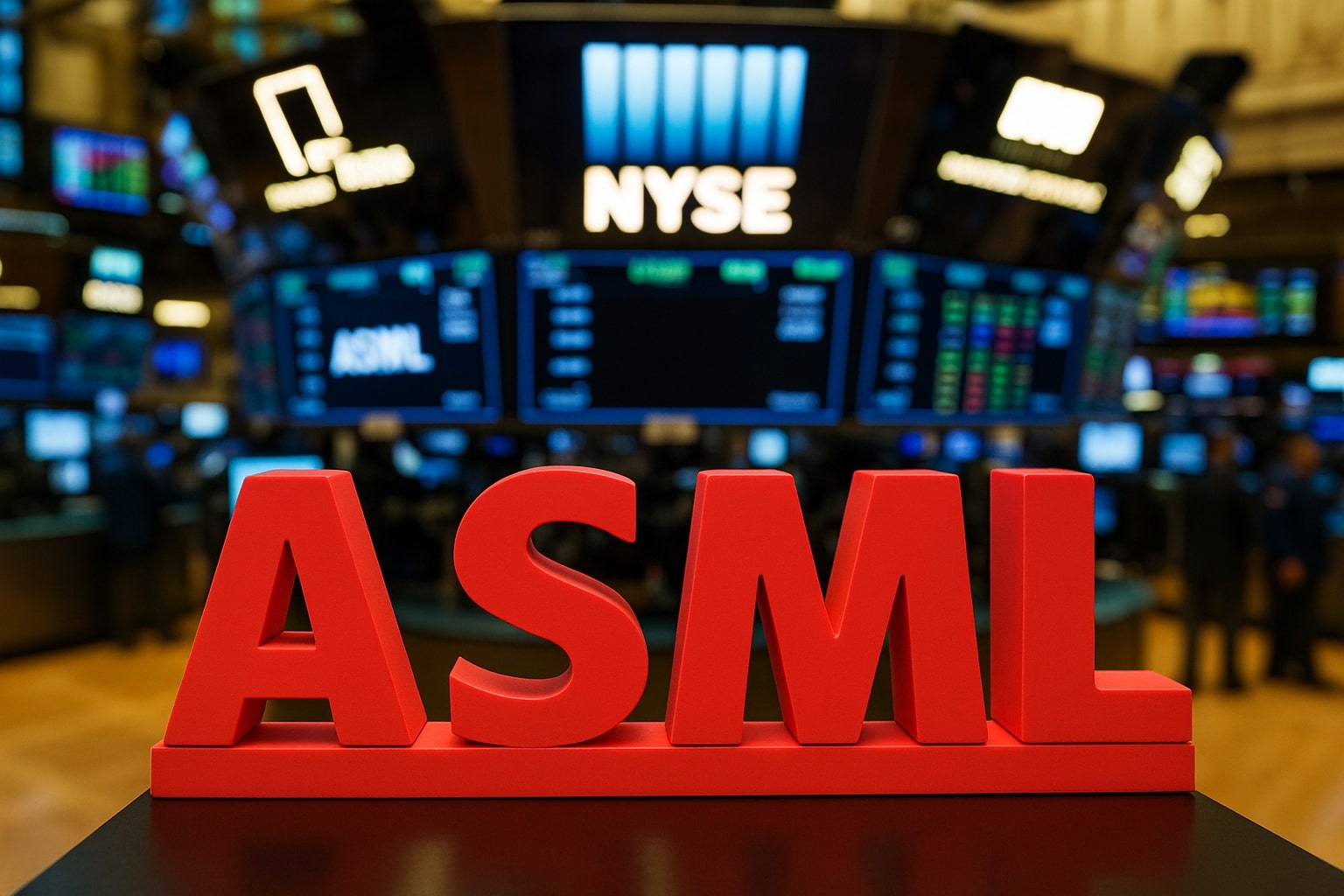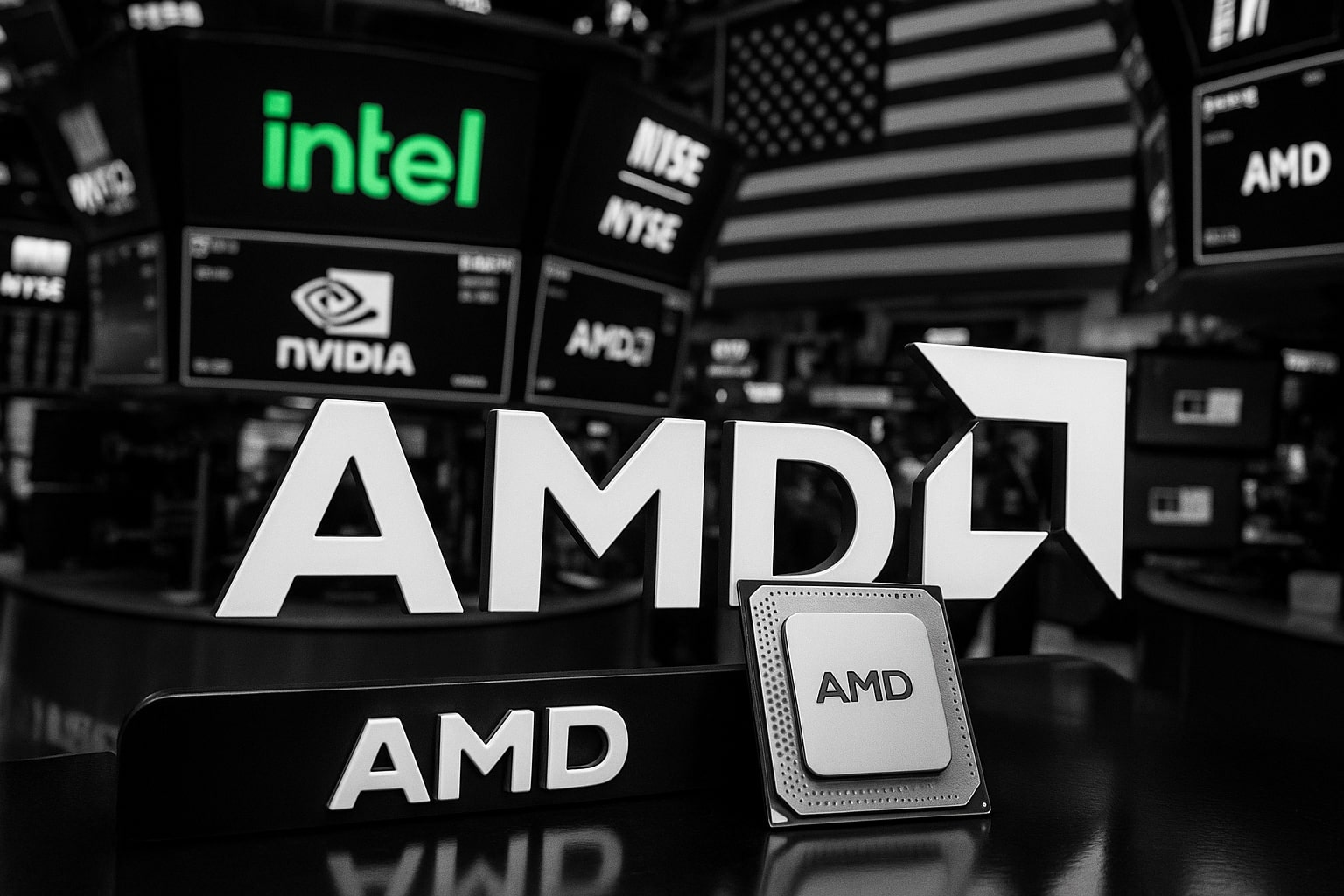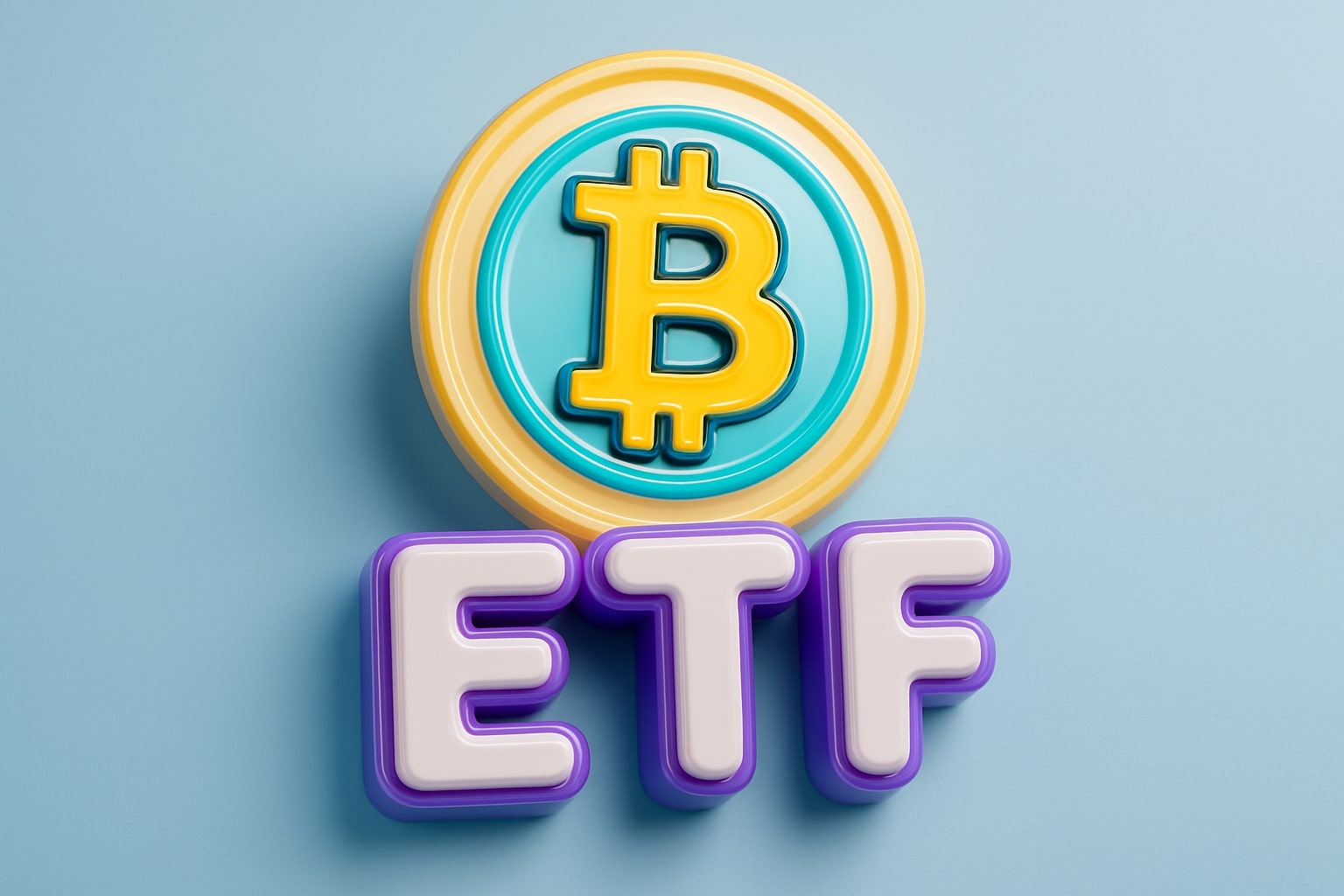When To Buy Stocks To Get Dividend
Ex-Dividend Date: The Key to Timing Your Stock Purchase
To receive dividends from a stock, you must purchase and hold the stock before its ex-dividend date. The ex-dividend date is the day after which any new purchases of the stock will not receive the upcoming dividend.
The world of investment can often seem intimidating, especially when it comes to understanding when to buy stocks to maximize dividends. Here at Trading News, we believe in empowering our readers with the knowledge they need to succeed.
A dividend is a portion of a company's earnings distributed to shareholders, often in the form of cash or additional shares. Companies typically distribute dividends as a sign of their financial health and to share their success with their investors.
In the context of buying stocks, timing is everything. The key date to remember is the "ex-dividend date". If you purchase a stock on or after its ex-dividend date, you will not receive the upcoming dividend. To qualify for the next dividend, you must own the stock by the close of market the day before the ex-dividend date.
At Trading News, we recommend the following strategies to capitalize on dividends:
-
Stay Informed: Staying abreast of the latest updates and news about a company's dividend payouts is crucial. Investors can often find such announcements on the company's investor relations webpage. However, this process can be laborious and time-consuming if you're monitoring multiple stocks. That's where TradingNews.com can simplify your life. On our platform, you'll find aggregated updates about dividend announcements, providing an easy-to-use resource to keep up with potential investment opportunities. For instance, if you are interested in Microsoft stocks, you can regularly check TradingNews.com to stay updated about Microsoft's dividend announcements and other market updates related to the stock.
-
Buy Before the Ex-Dividend Date: It's crucial to time your stock purchase right to ensure your eligibility for the dividend. Let's use an example to illustrate this. Suppose Apple Inc. declares that their ex-dividend date is on June 7th. To receive the dividend from Apple, you must purchase the stock before the ex-dividend date, meaning you need to own Apple shares by the close of the market on June 6th. Make sure to keep an eye on our regular market updates at TradingNews.com, where we provide timely information on ex-dividend dates of various stocks to aid in your investment decisions.
/p> -
Consider the Holding Period: The period for which you hold onto your stocks also significantly impacts your dividend earnings. If you sell your shares on or after the ex-dividend date, you will still receive the dividend. However, if you sell your shares before the ex-dividend date, you will not be entitled to the dividend. For example, if you own shares in Tesla and sell them before the ex-dividend date, you will forfeit your dividend payout. To assist in your decision-making process, TradingNews.com provides a wealth of resources, including in-depth analysis and insights about optimal holding periods.
Despite the temptation to engage in 'dividend stripping' - buying just before the ex-dividend date and selling immediately after - we advise against this practice. It might seem like an easy way to collect dividends while minimising exposure, but it often overlooks transaction costs and tax implications, making it unprofitable in the long run.
Investors seeking dividends should instead focus on investing in high-quality dividend stocks and holding them for the long term. Companies with a history of stable and steadily increasing dividends are often well-established, profitable, and financially healthy, making them attractive for income-focused investors.
In conclusion, the ex-dividend date is crucial for those who wish to buy stocks to receive dividends. But the timing of your purchase is just one factor in your overall investment strategy. At Trading News, we advocate for thorough research into a company's financial standing, dividend history, and potential for growth before making any investment decision.
Stocks To Buy With Dividend
-
Johnson & Johnson (JNJ): This healthcare giant has a long history of steady dividend payouts and has consistently increased its dividends for several decades, making it a popular choice for income-focused investors.
-
Procter & Gamble (PG): Another company with a long track record of reliable dividend payments, Procter & Gamble is a consumer staples company, a sector known for its stability even in economic downturns.
-
Microsoft Corporation (MSFT): This technology giant has shown strong growth and has steadily increased its dividends over the years, offering an attractive blend of income and growth potential.
-
Coca-Cola Company (KO): With a strong global brand and consistent demand for its products, Coca-Cola has a long history of providing stable dividends to its shareholders.
-
McDonald's Corporation (MCD): As a leader in the fast-food industry, McDonald's has consistently provided reliable dividends and has a history of increasing its payouts.
-
The Home Depot, Inc. (HD): The largest home improvement retailer in the U.S., Home Depot has a strong track record of dividend payouts and has consistently increased its dividends over the years.
-
Apple Inc. (AAPL): While relatively new to the dividend scene compared to others on this list, Apple has quickly become a favored stock among dividend investors thanks to its strong financial position and commitment to returning capital to shareholders.
-
3M Company (MMM): A diversified conglomerate, 3M has a long-standing history of dividend payouts. It operates across various sectors, offering stability and diversity.
Before investing, it's important to analyze the company's payout ratio (the percentage of earnings paid out as dividends), the sustainability of its business model, and the consistency of its dividend growth. Remember to diversify your portfolio and not rely solely on high-dividend-paying stocks. You should also consider growth stocks, bonds, and other assets for a balanced investment strategy.
As always, stay informed with the latest market trends and news on TradingNews.com for prudent and successful investment decisions. Please note that this information is based on historical data, and past performance does not guarantee future returns.
Read More
-
SCHD ETF Holds Ground With 3.6% Yield as Dividend Investors Eye Stability Over Growth
15.10.2025 · TradingNEWS ArchiveStocks
-
Ripple XRP (XRP-USD) Steadies at $2.43- SEC Shutdown Freezes ETF Decisions, Inflows Hit $61.6M
15.10.2025 · TradingNEWS ArchiveCrypto
-
NG=F Falls to $2.99 as Record Supply Outpaces Demand Despite 16.9 Bcf/d LNG Exports
15.10.2025 · TradingNEWS ArchiveCommodities
-
USD/JPY Price Forecast - Yen Weakens to 151.30 Amid Dollar Selloff
15.10.2025 · TradingNEWS ArchiveForex


















